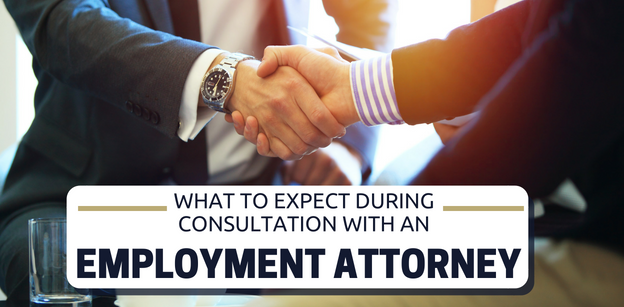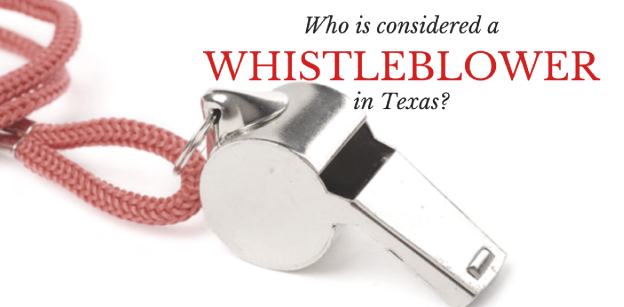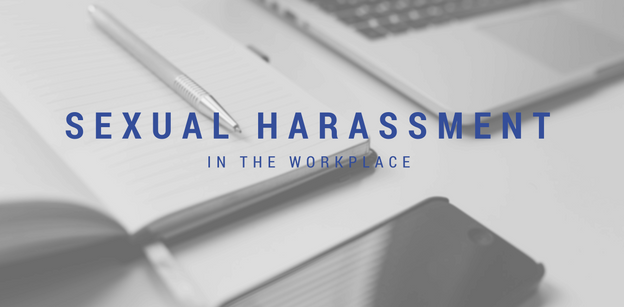Harassment in the workplace is an all too common experience for employees across the country. And that reality is no different for employees in Texas. When faced with harassment for the first time, many employees are confused about their legal rights and don’t know what they should and shouldn’t do. At times, employees can freeze up out of fear that they will be retaliated against if they report the harassment. It is important that all employees in Texas understand that there are certain steps that should be taken when faced with harassment in the workplace. If you believe that you are being subjected to harassment at work, then it is important to speak with an employment attorney who can both advise you of your legal rights and help shield you from continued harassment.
What constitutes harassment in the workplace?
Under both state and federal law, employees are protected from harassment in the workplace when the harassment is based on a protected characteristic of the employee (i.e. race, color, religion, sex (including pregnancy), national origin, age (40 or older), or disability). Employees are also protected from harassment that occurs in response to the employees filing of a discrimination complaint or participation in an investigation of a discrimination complaint.
Harassment can come from co-workers, supervisors, management, or even a non-employee (e.g. customer or vendor). It can include unwelcome touching, inappropriate jokes, slurs, name-calling, or other offensive conduct. It can also include behavior that affects the employee’s terms or conditions of employment, such as schedules, pay, transfers, or changes in job duties or position.
Harassment that occurs in isolated incidents, or behavior that is considered minor, petty, or annoyances, may not rise to the level of behavior that is covered under the anti-discrimination laws. For the behavior to be serious enough to be considered unlawful harassment, it must create a work environment that is either (a) conditioned on the employee enduring the harassment or (b) a reasonable person would consider being hostile or abusive.
What do I do if I’m being harassed at work?
One of the first things that any employee who is being harassed at work can do is to object to the harassment directly to the harasser and tell them to stop. Whether you tell the harasser to stop or not, the next step to take would be to report the harassment to your employer’s HR department. It is important to make this complaint in writing so that it is documented. It is also important to review your employer’s anti-harassment policy, if one exists, and to follow any steps outlined in that policy. If the company does not have an HR person and there is no anti-harassment policy, then the next option may be to report the harassment to your direct supervisor or another supervisor within the company. Finally, an employee who is being harassed at work has the right to file a charge of discrimination with the Texas Workforce Commission (TWC) and Equal Employment Opportunity Commission (EEOC).
While it is not required that an employee is represented by an attorney to pursue a harassment complaint, it is always important to fully understand your legal rights. A workplace harassment attorney can be a great place to start if you are being harassed at work and considering pursuing a claim against your employer.









